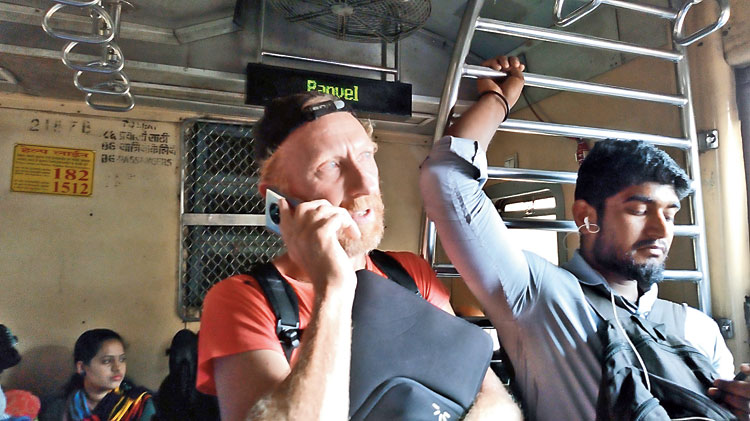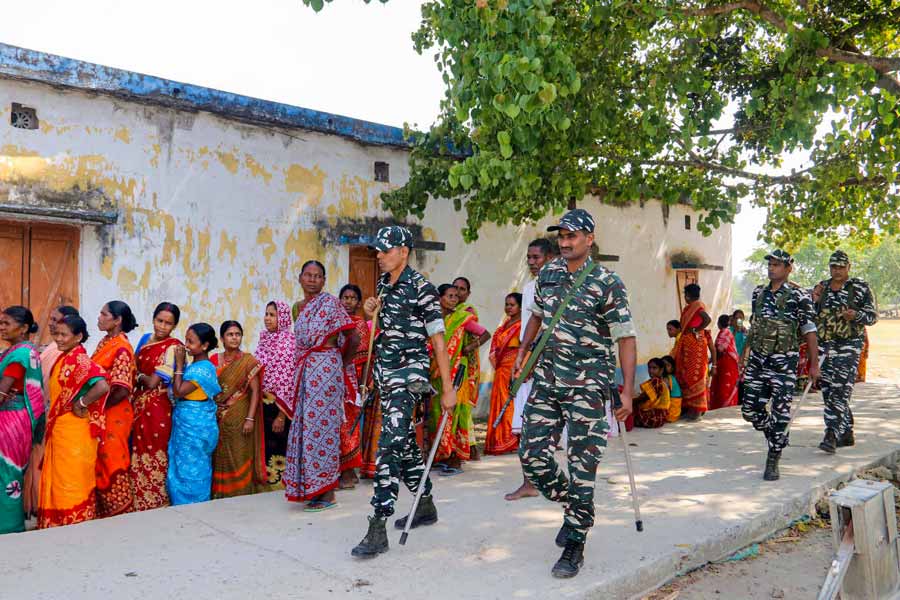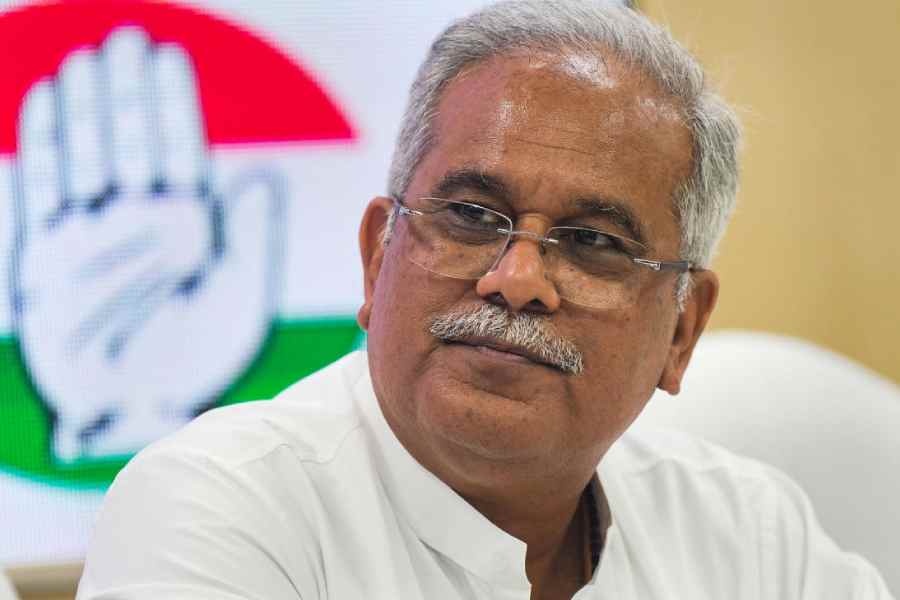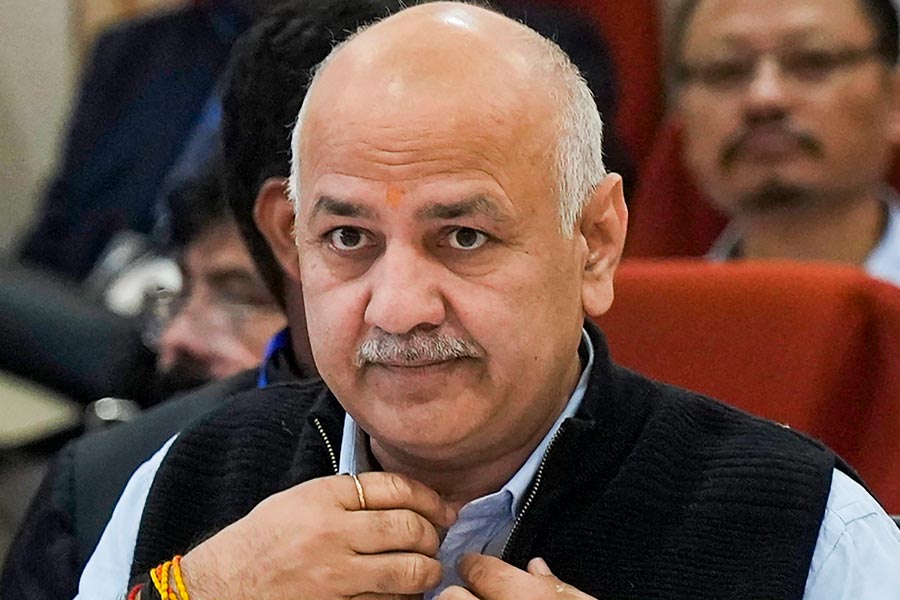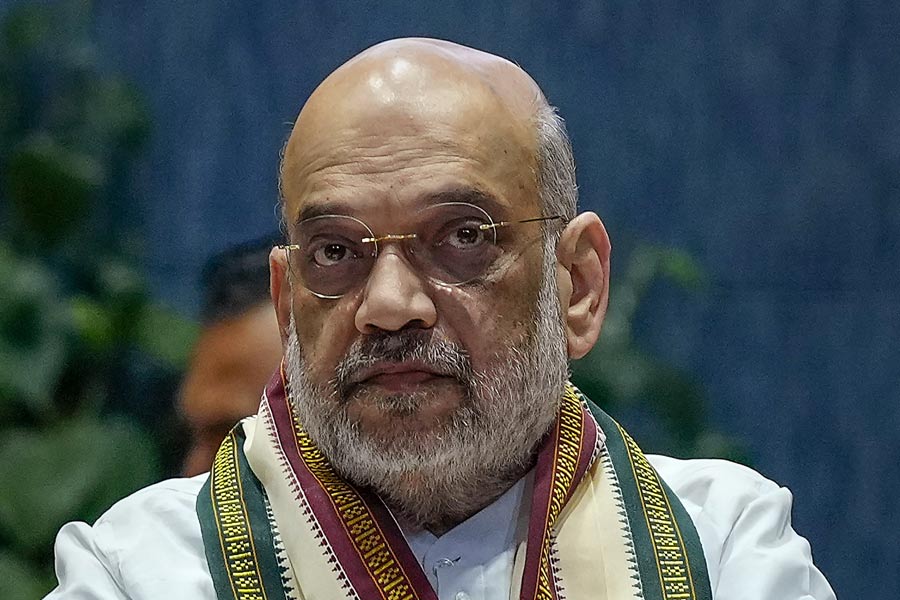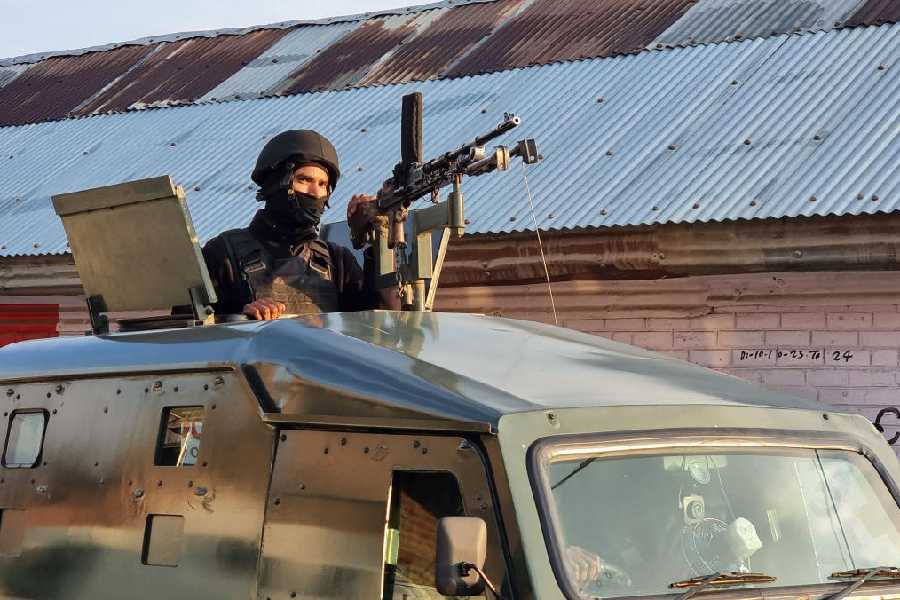It was a very small gathering at the retail outlet of a sports goods chain in Navi Mumbai. That didn’t stop Peter Van Geit from speaking passionately about what he had been doing the past several months.
A former employee of tech giant Cisco, Chennai-based Peter is well known in the Indian outdoors. A Belgian national, he was among the prime movers at the Chennai Trekking Club (CTC), contributed much to promoting an active lifestyle, helped clean up the city’s beaches, did excellent relief work during the Chennai floods and then got villainized when an unexpected forest fire killed several trekkers in Theni in Tamil Nadu. That last incident from March 2018 was a tense chapter.
At CTC, one of the activities Peter and others embraced was ultra-running. They would run for a few days covering a couple of hundred kilometres. In 2018, Peter commenced a personal project. Over 75 days, he ran (the right term would be fast-hiked) 1,500 kilometres along trails and across some 40 high mountain passes in Himachal Pradesh and the then state of Jammu & Kashmir.
This venture followed an earlier one in Vietnam, wherein he ran close to 2,000 kilometres over hilly terrain. Then in 2019, running from the Uttarakhand-Nepal border towards Himachal Pradesh and Zanskar, he crossed 120 passes. The number includes little known routes taken by shepherds, who incidentally are his frequent refuge for food and shelter on these trips.
Later that year, in a foray to the Maharashtra Sahyadri and the Konkan coast, he ran or cycled linking some 200 forts. Active on social media with his travel posts, Peter has a fan base. In January 2020, when Peter was in Mumbai to speak at the Himalayan Club, this writer shared a suburban train journey with him. He was quickly recognised by co-passengers and selfies taken.
At two talks I attended, there was a slide that always drew laughs. It showed a small child sitting naked on a beach. “That’s me. I was minimalist even then,” Peter would quip. He says travelling light makes him fast. On the trail, that means less stuff hauled around as he manages to either reach a known shelter or camp light at lower elevation having already got past the high crux.
That’s utter contrast with the regular. Consider this: a typical photograph of Peter from the Himalayas shows him in running shorts, a small backpack, a thin T-shirt and a pair of running shoes. The backdrop is mountainous; steep, at times glacier, clearly cold. Other speakers at the same venue may have just presented slides of them in similar environment clad in multiple layers and armed with gear and heavy backpack.
Same would be the Himalayan experience of most in the audience too. Peter gets applause but you wonder – was he accepted into the tribe?
Much of the establishment beholding him comes from a more structured background with outdoor courses done and rigid views of what defines a particular sport.
They seem organisation-builders; Peter seems an activity-lover in a people’s durbar. In his heart warming short film, Peter stumbles, slips, gets his face liberally licked by a buffalo, does some sketchy river-crossings; those formally trained in outdoor techniques will question his methods.
Yet there he was, up in the mountains, doing a hybrid of running and high altitude hiking, most of the time solo. Solo is something few Indians like. Indians are all about groups. Further, where most of us make a whole annual trek out of one pass, he was polishing off a pass a day.
Peter is a runner but nurses little appetite for the organised marathons, ultra-marathons and stadium runs that the majority of runners favour. He likes to be away from cities and crowds. When out in the Himalayas, he lives and eats with shepherds and at houses along the trail; he likes that simpler life. He navigates offline with digital map and GPS co-ordinates stored on his smartphone. There are no hired guides. On the Konkan coast, confronted with the fort of Suvarnadurg located on an island a kilometre out in the sea, he just swam across for access. For now in India’s world of hiking-mountaineering and running, the Peter-way is an outlier.
It was two years ago that Peter resigned from his job and embarked on a new life of running around. At the February 2020 talk in Navi Mumbai, he spoke of young Indians he met during his long stay in the country, who were stronger athletes than him but whose promise faded with marriage and corporate life.
The audience laughed. Peter’s face remained expressionless. “It is not a laughing matter. Life is short and you live only once,” he said.
The writer is a freelance journalist

